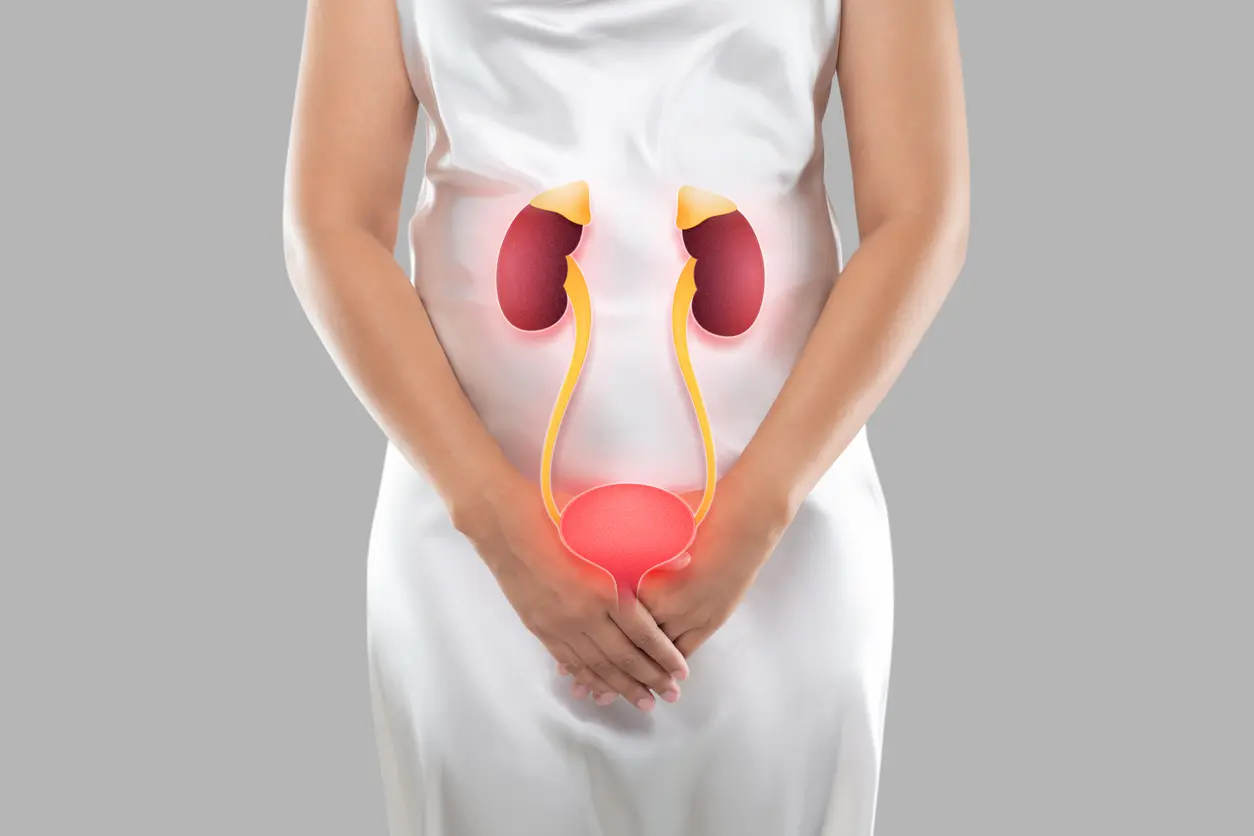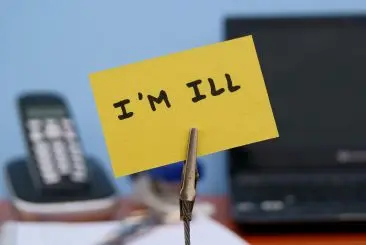How Long Does It Take For A UTI To Go Away Without Antibiotics?
Are you worried about a UTI but don't want to call your doctor? It's understandable. Talking about UTIs can be uncomfortable, and who wants to visit the doctor?
What you're experiencing is normal and common. In their lifetime, more than half of women will experience a UTI. Your physician has seen a lot of patients like you. There are sometimes severe complications if you don't consult a professional.
Antibiotics are the most straightforward method of treating a UTI. However, if you've done any Googling (it's okay, we all do it!), you may wonder how long it will take for a UTI to go down without antibiotics and what to take if antibiotics don't help. How long will you have to suffer?
You don't need to panic! Please don't hesitate to contact us if you need help. Let's examine how long it takes for a UTI to go down without antibiotics.
What Is A UTI?
A urinary tract infection (UTI) develops when bacteria enter the urinary tract. It's not the good kind of bacteria that keeps you alive and healthy, but the bad kind, like E. bacteria. Infections can occur when it takes up residence near your urethra or bladder.
There are two general types of UTIs:
- UTIs of the lower urinary tract occur in the urethra and bladder. If the UTI occurs in the bladder, it is known as a bladder infection or cystitis (surprise!). Antibiotics are quickly effective for treating lower UTIs, which make up the vast majority of UTIs.
- Upper tract UTIs: These are rare and serious UTIs. An upper tract UTI usually occurs when a lower tract UTI spreads to the kidneys. Pyelonephritis (kidney infection) requires medical intervention to prevent permanent damage.
Some unfortunate people suffer from recurrent urinary tract infections. You get at least three UTIs in a year or two in six months.
UTI Symptoms & Causes
Symptoms of a lower tract UTI include:
- Urination pain or burning
- Frequent urges to urinate.
- Urine with blood
- Lower abdominal cramping or discomfort
The symptoms of upper tract UTIs are like those of lower tract UTIs, although the following symptoms are more common:
- Having a fever
- Vomiting or nausea
- Chills in the body
- Back pain in the lower back
Knowing what causes a UTI may help you prevent one. Risk factors include:
- UTIs are often caused by bacteria migrating from your rectal area to your urinary tract and getting lodged in your urethra. As a result of friction that occurs in the genital region during intercourse, sexual activity is a risk factor. Masturbation can do the same. UTIs can be prevented by peeing after sexual activity. Urine flows out of the urinary tract, flushing out unwanted bacteria before they become a problem.
- There is a biological reason why women get UTIs up to 30 times more commonly than men. Anatomy plays a significant role in this. It is more accessible for bacteria from a woman's anus to get into her urinary tract because her urethra is shorter than a man's.
- Women who have transitioned to menopause may be in greater danger of recurrent UTIs due to urinary incontinence and estrogen deficiency.
- Remember how we mentioned some women get UTIs more often than others? It's usually down to genetics and not their fault. You may be at an elevated risk of UTIs if someone in your family regularly gets UTIs.
- Daily habits such as wiping backwards, wearing sweaty clothing for long periods, or neglecting to replace your underwear or clean your sex toys may raise your risk of UTIs.
- Most contraceptives have no connection to UTIs, with one notable exclusion: spermicide. Your body may have a more challenging time fighting off UTI-causing bacteria when you kill off some good bacteria in your genital region.
Treating A UTI
A course of antibiotics recommended by a medical specialist (or directly through the Mobi Doctor app) is the most straightforward way to treat a UTI. Symptoms generally subside after about a week of taking antibiotics.
Take all the antibiotics prescribed, even if you feel better, as the infection will take several days to clear. Drinking plenty of water and avoiding sexual activity may also help minimize discomfort.
Why Antibiotics Might Not Work
There are times when antibiotic treatment does not work. A UTI may occur when bacteria cause the infection to become antibiotic-resistant, which means they outsmart and outlive the antibiotic.
Bacteria have this incredible (and, in this case, unfortunate) ability to mutate to evade being destroyed. Bacteria can learn to resist antibiotics after being attacked multiple times by the same antibiotics we use on many people.
According to some research, one in three non-complicated UTIs are resistant to at least one commonly used antibiotic. Each year, 2.8 million Americans get antibiotic-resistant infections, as the Centers for Disease Control and Prevention reported.
It sounds bad, and that's fair: it's not good news. However, this does not spell the end of the world.
A doctor may prescribe another antibiotic if one antibiotic fails to treat your UTI. Your urologist or primary care physician likely has encountered this scenario before and knows how to handle it.
Home Remedies For UTI
Many articles on the internet claim that certain home remedies like cranberry juice cure UTIs. In moderation, these treatments are safe to try, but they shouldn't replace seeking the advice of a trained professional.
Some scientific evidence suggests that proanthocyanidins in cranberries may prevent bacteria like E. coli from adhering to the urinary tract, thus reducing the risk of infection. Vitamin C and probiotics may also prevent UTIs, and probiotics can also reduce diarrhoea caused by antibiotics. To prove the effectiveness of these alternative treatments, more research is required.
Untreated UTIs can worsen over time and become kidney infections, requiring emergency hospitalisation in severe cases. If you have a UTI, you shouldn't put it off or avoid seeing your doctor. At the first sign of symptoms, contact them.
How long Does It Take For A UTI To Go Away Without Antibiotics?
Some UTIs do not require antibiotic treatment. According to several studies, most UTIs go away on their own within a week.
However, it would help to consider whether that is the best path for you. You may find a more severe infection if you don't seek treatment and your UTI doesn't heal independently.
To determine what bacteria are causing a persistent UTI, your doctor may examine you and take a urine culture.
How Mobi Doctor Can Help
Mobi Doctor offers online urgent care.






